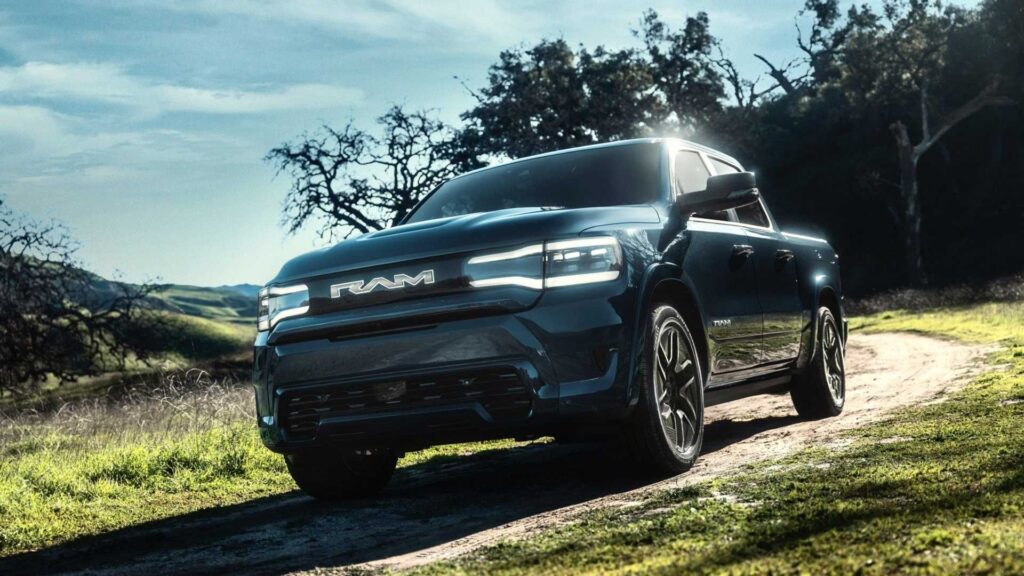Stellantis, the parent company of Ram trucks, has made a significant announcement regarding its electric vehicle lineup. The highly anticipated battery-powered 2026 Ram 1500 REV has been canceled due to slowing demand for full-size electric trucks in North America. This decision comes after several delays in the production timeline, with the Ram 1500 REV facing challenges alongside Stellantis’ electric Dodge and Jeep models.
In a surprising twist, the range-extended Ramcharger, which utilizes a gas engine to recharge its battery, will now be rebranded as the Ram 1500 REV. This move aims to position the vehicle as a standout option in the half-ton segment, offering exceptional range, towing capability, and payload performance.
The cancellation of the electric Ram 1500 REV marks a setback for Stellantis, as the company grapples with its electric vehicle strategy and struggles to meet the high costs and declining sales of its Ram and Jeep brands. The electric Dodge and Jeep models have faced criticism for their subpar range and charging specifications, further complicating Stellantis’ transition to an electrified future.
Despite these challenges, Stellantis has decided to pivot towards gas-powered vehicles, citing the lack of stringent fuel economy regulations as a reason to focus on traditional internal combustion engine models. This shift reflects the complexities of the electric pickup truck market, where high battery costs and performance limitations pose obstacles for manufacturers.
As Stellantis navigates these challenges, Ram enthusiasts can look forward to the upcoming debut of the rebranded Ram 1500 REV, formerly known as the Ramcharger. This vehicle promises to deliver a compelling blend of electric and gas-powered technology, setting a new standard for innovation in the competitive truck segment.
Overall, Stellantis’ decision to cancel the electric Ram 1500 REV underscores the evolving landscape of the automotive industry, where companies must adapt to changing consumer preferences and market conditions. While the road to electrification may have hit a bump, the future holds promise for innovative solutions that balance sustainability with performance.

